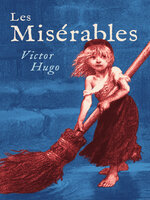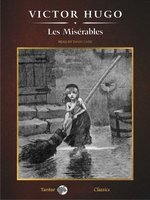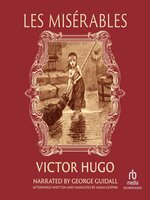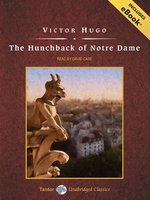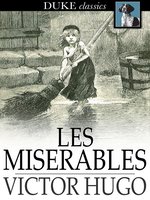-
1
-
2
-
3
-
4
-
5
-
6
-
7
-
8
-
9
-
10
-
11
-
12
-
13
-
14
-
15
-
16
-
17
-
18
Streaming video - 1998
Saved in: -
19
-
20
Search tools:
Get RSS feed
–
Email this search
Related Subjects
Musicals
Ex-convicts
History
Orphans
Redemption
Social justice
Social life and customs
Romance
Adopted children
Conduct of life
Fiction
Fugitives from justice
Motion picture music
Concerts
Drama
Esmeralda (Fictitious character)
Foreign films
Historical Fiction
Literature
Manga
Motion pictures
People with disabilities
Poor
Romance television programs
Social conditions
Toleration

